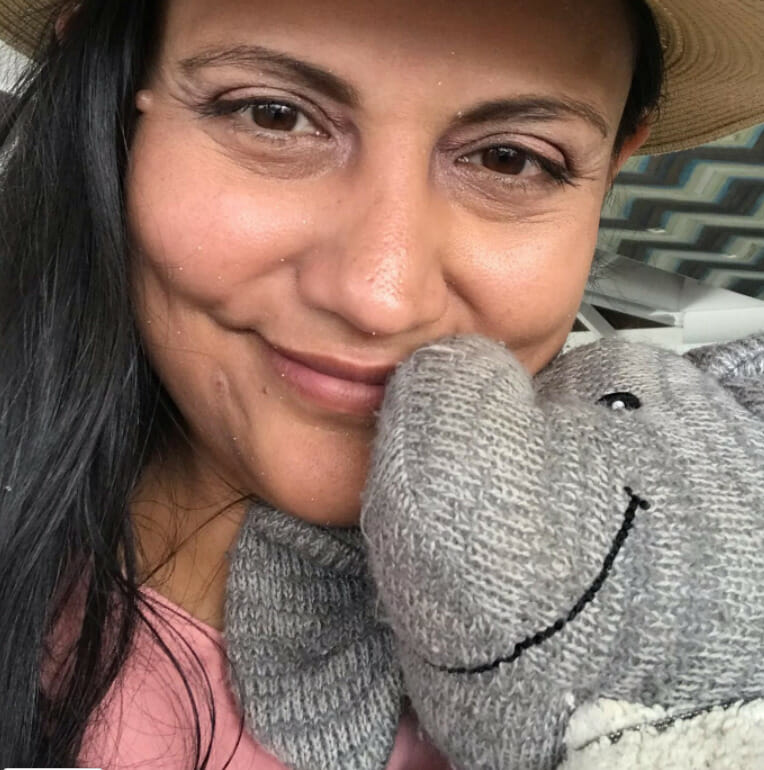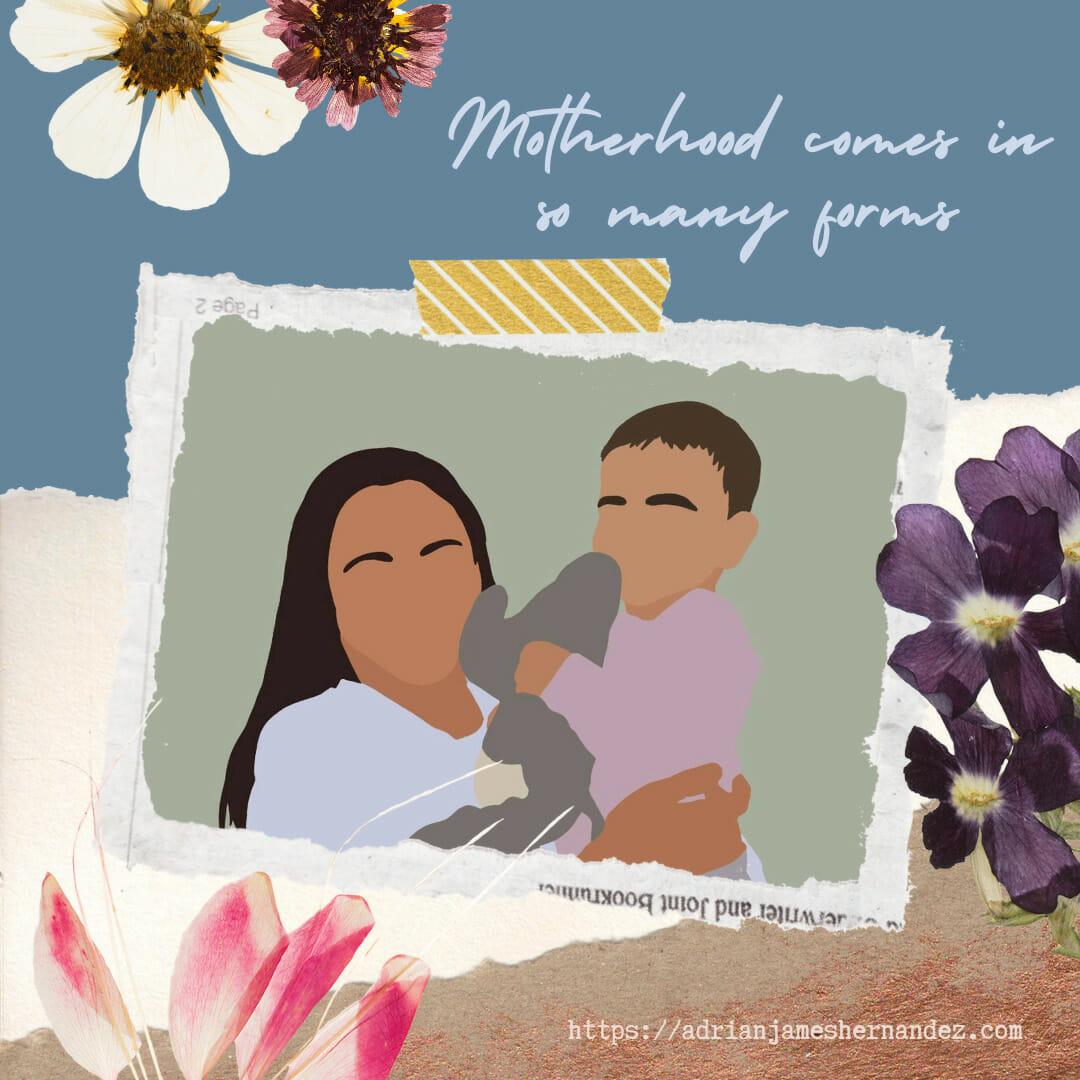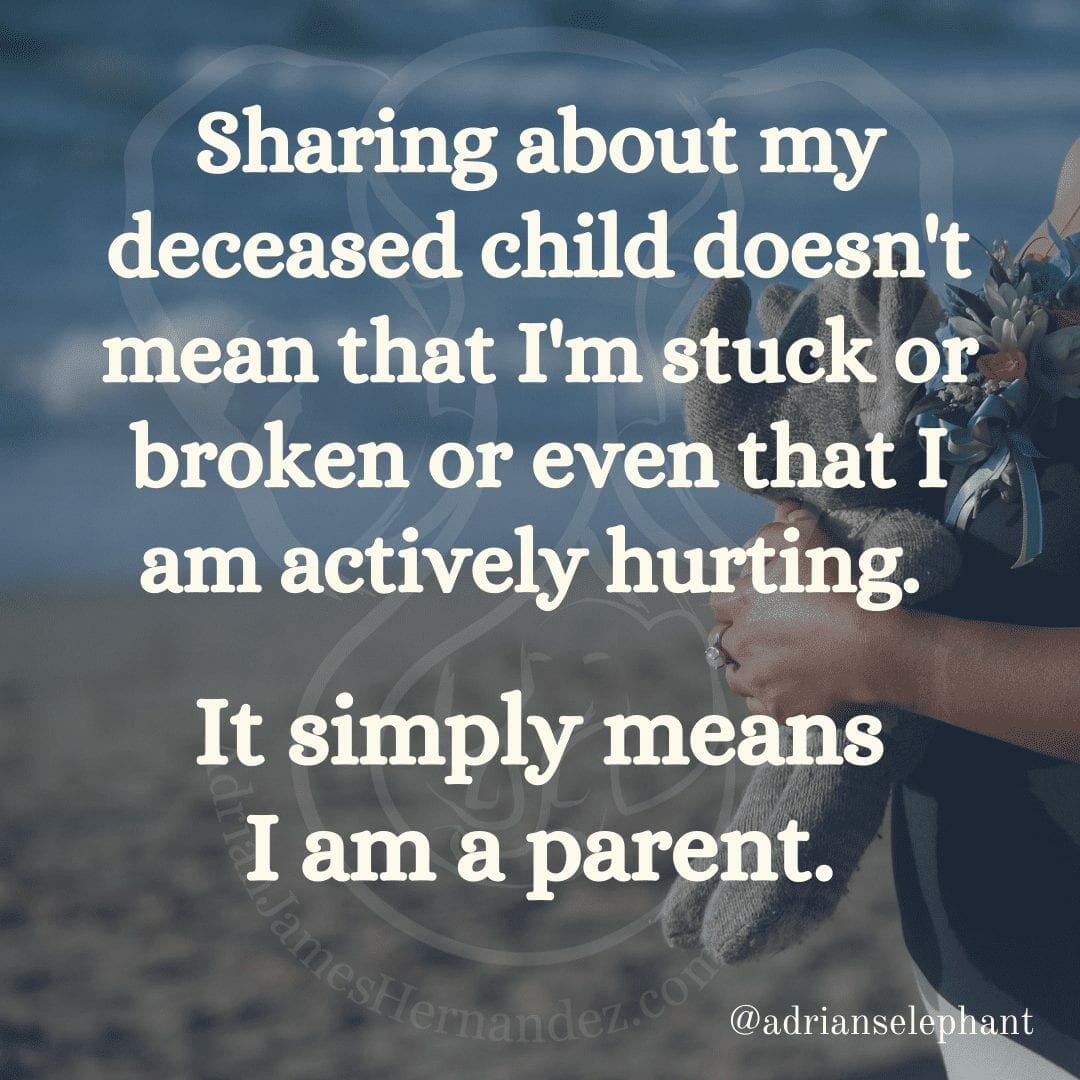A friend recently shared this quote from the movie, “The Interpreter”:
“Everyone who loses somebody wants revenge on someone, on God if they can’t find anyone else. But in Africa, in Matobo, the Ku believe that the only way to end grief is to save a life. If someone is murdered, a year of mourning ends with a ritual that we call the Drowning Man Trial. There’s an all-night party beside a river. At dawn, the killer is put in a boat. He’s taken out on the water and he’s dropped. He’s bound so that he can’t swim. The family of the dead then has to make a choice. They can let him drown or they can swim out and save him. The Ku believe that if the family lets the killer drown, they’ll have justice but spend the rest of their lives in mourning. But if they save him, if they admit that life isn’t always just…that very act can take away their sorrow.”
And honestly; ugh—I am frustrated and angry. I am frustrated because of course this isn’t true. I can’t imagine the author has any real knowledge of grief. But these are the things that inform our cultural attitudes. These are the things that cause outsiders to ask why we still grieve, as if grief were a disease.
The truth is that grief lasts forever, because that’s how long love lasts. And grief is an expression of the love that remains. Grief is beautiful. Vengeance is a separate subject entirely. Vengeance will never either satisfy nor increase grief.








































































































































































